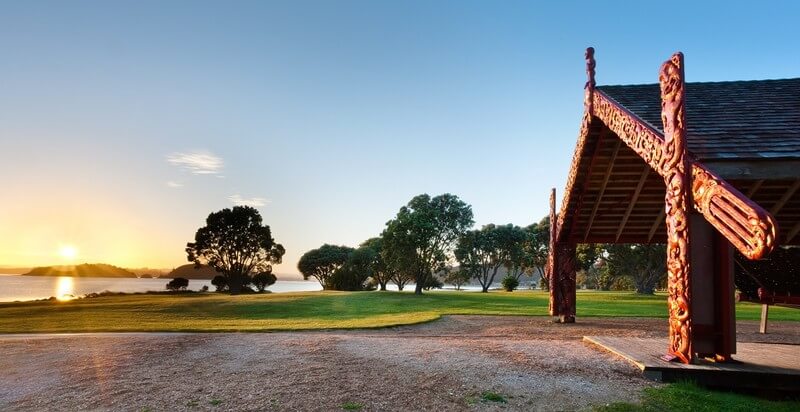We are often challenged in how we interact with and relate to matters of interest and issues of importance, Often with matters of mere interest it’s simply a quick and easy reaction to and/or with an opinion voiced. Issues of some importance however require attention with time, and effort given to careful reflection on the matter at hand.

Tom Roa
It appears to me that the coalition government is calling for all citizens of Aotearoa-New Zealand to consider carefully the principles implicit and explicit in Te Tiriti/The Treaty of Waitangi which is variously described by many commentators as the foundation of law-making and formal government of our country.
Much commentary centres around the ‘Three Articles’ which, it would appear, are a genesis in the ‘Three Principles’ (Partnership, Protection, Participation) which have been espoused and promulgated by a number of local and national organisations in particular Ministries of the Crown.
Interestingly, to me, there would appear, in too many commentaries, to be but a passing interest if not a complete ignoring of certain contexts.
The Māori population of Aotearoa-New Zealand in 1840 was an estimated 70,000 to 90,000. The estimate of Pākehā in NZ at that time was 2050, and rising rapidly.
This begs the question of how it could possibly be presumed that 70-90,000-odd Māori would willingly cede their Mana Māori Motuhake, their Tino Rangatiranga, their ‘sovereignty’ to 2-3000-odd Pakehā?
In 1831 a group of Ngāpuhi chiefs wrote to King William IV of the United Kingdom seeking of him an alliance and a sponsorship, recognising particularly their right to trade internationally without interference from other foreign powers.
The Declaration ‘He Whakaputanga o te Rangatiratanga o Nu Tirene’ proclaiming that sovereign power and authority in the land resided with the confederation of united tribes was signed by 34 northern chiefs in October 1835 and sent to the King, and was formally acknowledged by the Crown in May 1836. Waikato and other notable tribal ariki added their signatures later.
This again begs the question of how it could possibly be presumed that having declared their independence, these rangatira would then a mere four or five years later cede that independence to a kingdom that had formally already acknowledged their sovereign power and authority.
And the importance of ‘He Whakaputanga’ captures but a passing interest in the context of the lead up toward Te Tiriti/The Treaty of 1840.
Furthermore, the Māori Language version of Te Tiriti asserts that Māori retained their Tino Rangatiratanga, variously translated as ‘Sovereignty’, and gave their permission for Queen Victoria’s representatives to govern, that is to make just laws, and to ensure particularly that the riff-raff amongst her British citizens who were causing trouble, acting unlawfully, out of control, would be brought into line, and that Māori would continue to follow and reinforce their ‘tikanga’ thus ensuing that the rules of law/lore would be maintained and proper social controls would be administered
Next week I will offer some perspectives on the contexts of the Preamble of Te Tiriti/Treaty and the oft neglected Fourth Article.

Waitangi








